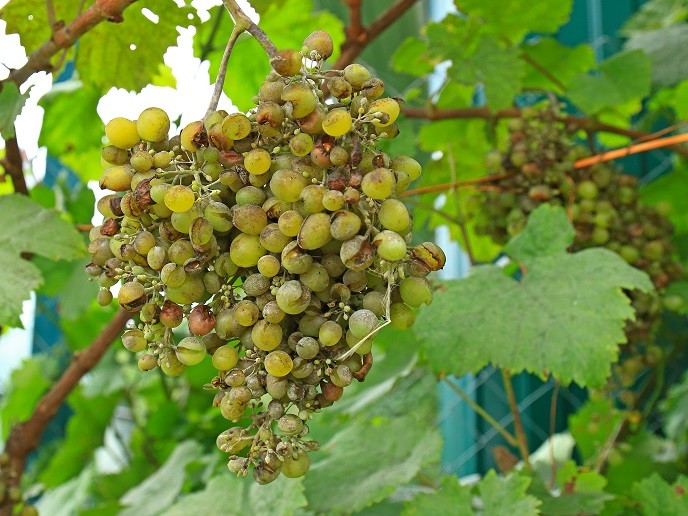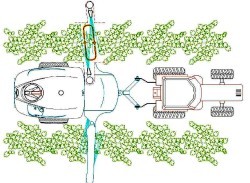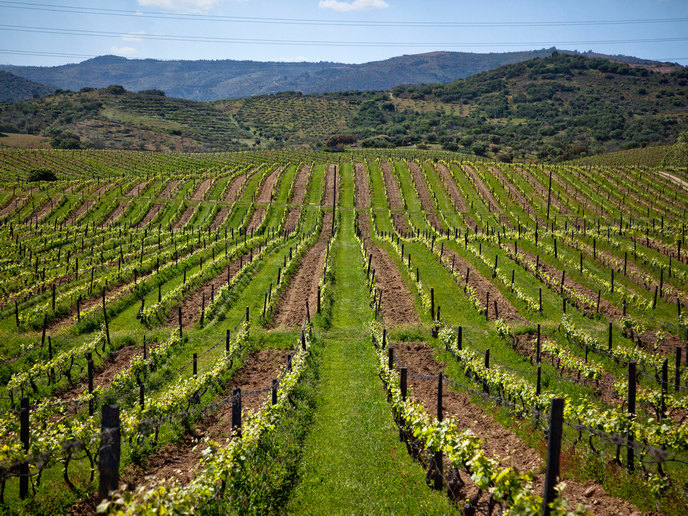Climate and agricultural forecasts help vineyards adapt to climate change
Spain, France and Italy alone – the main wine-growing Member States – accounted for one third of the world’s vineyards in 2019(opens in new window). Predicting local climate variations critical to quality and quantity has always been fraught with uncertainty; climate change and severe weather events have significantly increased this and its subsequent impact. The EU-funded VISCA(opens in new window) project has developed and demonstrated(opens in new window) the potential of a decision support system (DSS) to enhance the resilience of wine grape farms facing increasing climate-related challenges.
Science is helping farmers
Farmers continuously evaluate potential adverse conditions across all timescales. Typically, short-term decisions (a few days ahead) rely on meteorological data using global or regional models, reducing the accuracy of local predictions. For decisions made weeks (mid-term) or months (seasonal or long-term ) in advance, experience has been the guide but is no longer as reliable given climate change and sudden extreme weather events. Project coordinator Josep Maria Solé Tasias of METEOSIM SL(opens in new window) explains: "The VISCA DSS(opens in new window) integrates climate and agricultural models with actual vineyard data to identify effective adaptation strategies. It includes short-term, mid-term, and seasonal weather forecasts and climate projections linked to agricultural models to enable forecasts of the phenology (the seasonal growth cycle of grapevines), required irrigation(opens in new window) and sugar accumulation.” The forecasts can identify the probability of extreme events like heatwaves, heavy precipitation or spring frost several days to months in advance. The intuitive user interface also simplifies interpretation of the novel and complex analyses and the platform is easily accessible on smartphones, tablets and computers.
Personalised planning
The VISCA DSS data, graphics and services are flexible and modular and can be exploited separately. Users provide initial information about the vineyard, including definition of parcels, irrigation regime, and essential features such as soil type and grape varieties. They can then upload real data such as actual irrigation either manually or automatically; the updates are used to improve future forecasts. The services are interconnected, and the data is updated on a daily, weekly or monthly basis depending on the service. Solé Tasias explains: “The most important benefit of VISCA DSS is that, unlike most existing solutions, it integrates and couples meteorological and agronomical services in a single, easy-to-use platform. It also incorporates the latest techniques to enhance adaptation to climate change in vineyards.” Crop forcing(opens in new window) shifts the grape ripening period from hot summer months to a cooler month later in the growing season and shoot trimming(opens in new window) slows sugar accumulation. Xavier Bordes of Codorníu(opens in new window), where the crop forcing technique was applied in one plot to achieve grape ripening in October instead of July, says: “VISCA DSS helps us to make better decisions on vineyard management. Without it we could not explore the optimum pruning date to implement the crop forcing technique in time.” It also helped minimise the spread of mildew (fungus) during a wetter spring and hotter summer than normal in Spanish vineyards.
A toast to enhanced resilience, more secure livelihoods and a bountiful table
Field tests in Spain(opens in new window), Italy(opens in new window) and Portugal(opens in new window) have demonstrated the usefulness of model predictions and that should improve with increasing user input. The VISCA DSS should be equally useful in other countries and for other crops, including olives, grains and rice. In short, VISCA has given us all a reason to raise our glasses and cheer.






